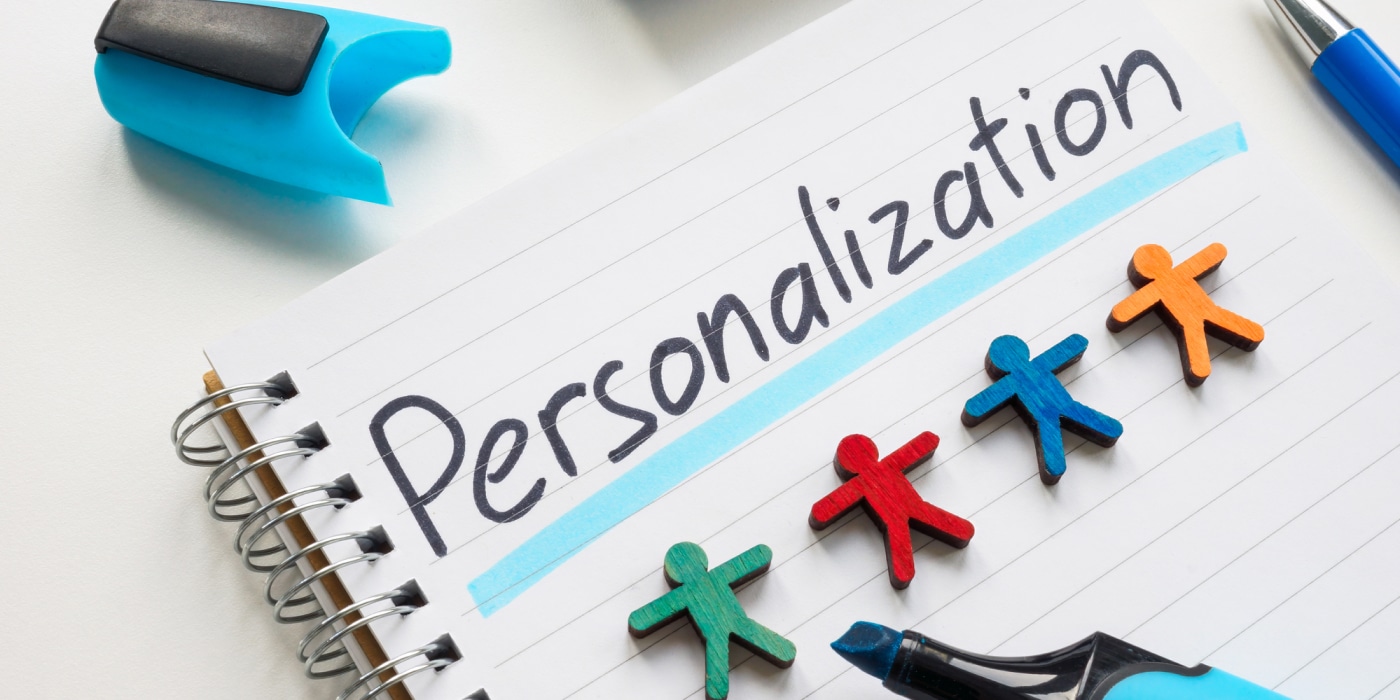Adapting to Changing B2B Buyer Behavior
Understanding the B2B buyer’s journey is crucial for businesses aiming to engage effectively with their clients. The way B2B buyers research, evaluate, and purchase products and services is rapidly changing. The traditional linear pathway, where sales teams played the primary role in guiding potential clients through the buyer’s journey, has evolved into a more complex process influenced heavily by digital touchpoints.
B2B buying behavior is now more closely aligned with consumer buying behavior, and as a result 90% of B2B leaders said the demand for digital B2B buying experience has increased over the past two years, according to a new survey commissioned by Pivotree and Spryker. For B2B businesses, adapting to these shifts is essential for survival and growth.
Here’s a look at some practical strategies for adapting to the changing landscape of B2B buyer behavior.
Invest in Digital Transformation
Investing in digital technologies and platforms is critical to meet the needs of modern B2B buyers. In 2024, B2B eCommerce buyers will use anywhere from three to ten digitally driven channels to research purchases of goods and services and buy online from sellers, according to Digital Commerce 360. Seventy percent of B2B buyers see online buying as more convenient and prefer to do so when ready to buy. However, only 36% of B2B buyers graded their B2B eCommerce site experience as excellent.
B2B buyers increasingly expect digital experiences that are user-friendly, seamless, and efficient. User-friendly websites that feature clear navigation, intuitive interfaces, and streamlined processes are key elements of a positive digital experience. Implementing eCommerce capabilities can simplify and expedite the purchasing process to make it as frictionless as possible for buyers. Expanding digital capabilities makes it easier for companies to reach and engage buyers throughout their purchasing journey.

Prioritize Personalization
B2B buyers now expect B2B experiences to align with the consumer experiences of their personal lives: quick, convenient, and personalized, according to a new study by Zoovu and Forrester Research. Seventy-three percent of B2B buyers expect the same convenient online experience they get from buying consumer products and 80% of B2B businesses ranked providing more automated and personalized guidance to online buyers as their top eCommerce priority for 2024.
Leveraging data analytics and customer relationship management tools can help companies gain insights into buyer preferences, behaviors, and trends. This information can help companies personalize their marketing and sales strategies, develop targeted content, and improve customer experiences. By understanding customer preferences, purchase history, and pain points, companies can tailor their communications, offerings, and interactions to meet the specific needs of each customer, significantly enhancing engagement.
Upgrade Supply Chains
As more business buyers shop online, the need for efficient supply chains has become increasingly important to ensuring that products are delivered on time and customers have an enjoyable shopping experience. Eighty-seven percent of B2B leaders said the most important solution or technology for a smooth customer digital purchasing journey was the supply chain management system, according to Pivotree and Spryker’s survey.
Supply chains have faced various challenges over the past few years. Implementing tools to track, monitor, and manage supply chain and logistics processes can help companies minimize disruptions, eliminate inefficiencies, and streamline operations. Supply chains are constantly evolving, and businesses need to be prepared to adapt to changes in demand and unforeseen challenges. Implementing digital tools can increase efficiency, flexibility and visibility, providing businesses with the tools they need to manage their supply chains now and in the future.
Delivering exceptional customer experiences is essential for building lasting relationships with clients. By leveraging technology, focusing on personalization, and maintaining efficient and reliable supply chains, businesses can adapt their strategies and differentiate themselves to meet the evolving expectations of modern B2B buyers.
For more information about how our delivery management solution can help you manage your deliveries more efficiently, please contact info@bringoz.com.
